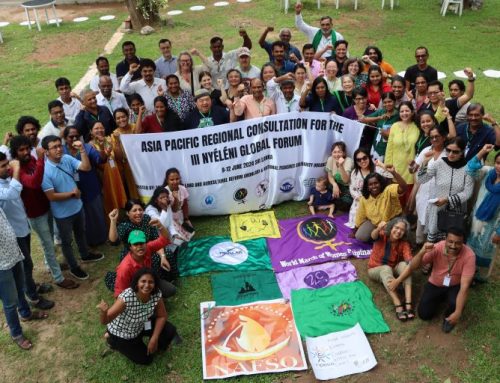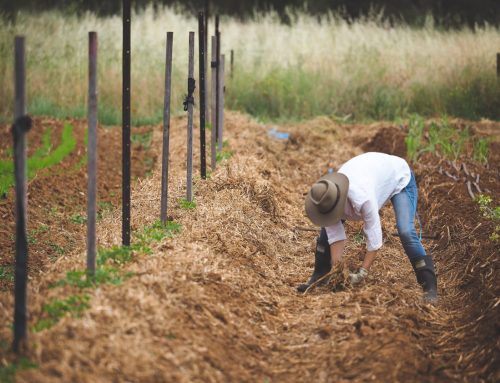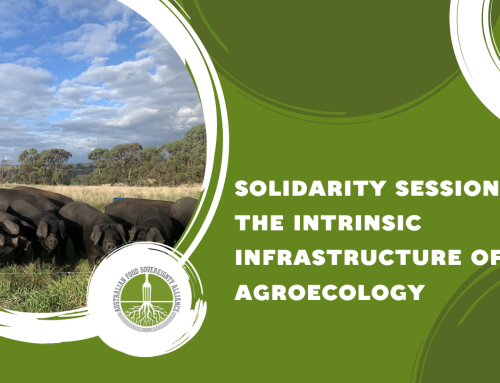An important and timely new report released March 2011, the UN Special Rapporteur on the Right to Food, Olivier de Schutter, has laid out a blue-print for how 9 billion people can be fed in accordance with the principles of both environmental sustainability, and social justice for the poorest people on earth.
The Report titled Agro-Ecology and the Right to Food, draws together an extensive body of scientific literature to show that agro-ecological modes of farming can achieve the three fundamental objectives of any food system:
- to ensure that there is enough nutritious food for all;
- to address levels of poverty and hunger by increasing the incomes of smallholder farmers; and
- to practice an environmentally sustainable agriculture that doesn’t compromise the ability of future generations to meet their food needs.
The UN has declared that agroecological farming can double food production within 10 years, while mitigating climate change AND alleviating poverty.
The Australian Food Sovereignty Alliance welcomes the Report, as a vital and necessary contribution to the growing debate about food security in Australia, and the future of food and farming in this country.
In particular, we welcome Mr de Schutter’s clear statement that the world already produces enough food to feed in excess of 10 billion people, when excessive waste, and grains diverted to factory farmed animals and biofuels, are taken into account.




